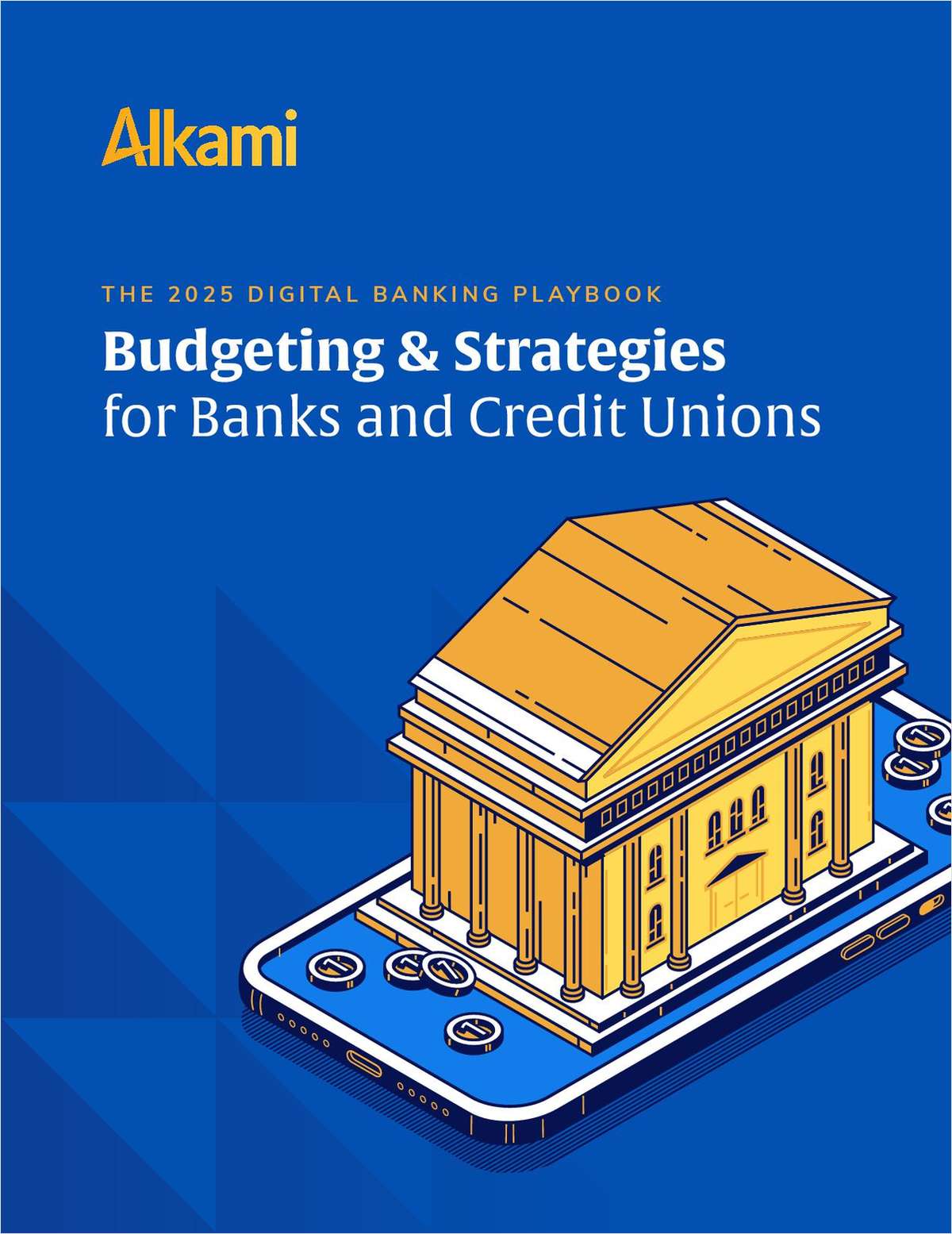VANCOUVER, Wash. – It appears that the waves of controversy and fighting that have plagued the $618 million Columbia Credit Union since the autumn of 2003 may be winding down. The latest blow in the fight came late in the day on May 7, when Superior Court Judge Roger Bennett ruled that five members of Columbia's Board who had been charged with holding their seats illegally were, in fact, properly seated. Save CCU, the group of Columbia members which opposes the board, had tried to make the case that five board members had been included in a 1999 bylaw amendment that set term limits on board seats. But the credit union had argued that the board's intent in 1999 was that the term limiting amendment would go into effect with the next board election, not retroactively, and the judge agreed. The ruling paved the way for the Washington Department of Financial Institutions and Columbia to decide upon a date for the credit union's annual meeting. The meeting had been postponed when Save CCU successfully petitioned the credit union to hold a Special Meeting at which eight of Columbia's nine board members could have been recalled. The eight board members all narrowly retained their seats in a mail-in ballot and at a March 28 special meeting. Since the special meeting date fell close to the date for the annual meeting, the annual meeting was postponed until the results of the election and court cases were clearer. Linda Jekel, director of Washington DFI's credit union division, said that no decision on a date has been made but that a date in June would be most likely. How Much Did It All Cost? In another closely watched part of the opinion, the judge supported Save CCU's contention that members should be allowed to view credit union records. Columbia had tried to argue that credit union members could not claim a common-law right to see those records since they were more analogous to depositors than to owners. But in this the judge disagreed with Columbia, noting that the Washington Credit Union Act "provides for certain records to be maintained and be made available for inspection to `any member of more than three months standing or a representative of more than five percent of the membership.' " This part of the ruling may prove especially important in the future since Judge Bennett did not rule on Save CCU's complaint that the credit union board had violated its fiduciary duty to the credit union with all the money it spent on retaining members' board seats. There had been several full-page ads in the local media during the recall campaign and a contract with a corporate services firm to solicit members to support the board by phone and Save CCU had charged the money had been improperly spent. But while Judge Bennett agreed with Save CCU that there was a possibility that the board might have breached its fiduciary duty with its campaign spending, he also found that the sums had already been spent and the special meeting held so it was unclear what the Court could have particularly done about this part of the case. Bennett appeared to open to the door, however, to the possibility of Save CCU coming back with the same complaint under a different judicial action and it may be that Save CCU could press a case on the breach of fiduciary duty or an attempt to obtain the credit union records that would reveal how much credit union money the board spent on its special election fight. Judge Bennett also refused to rule on whether Columbia had violated state law by determining that the credit union could change its charter by a vote of a simple majority of those voting (which NCUA allows federal credit unions to do) rather than by requiring 66% of the voting members to affirm the proposal in order for it to pass (which is Washington State's requirement). " My assessment is that the issue, at this time, is not justifiable," Bennett wrote. A true case or controversy is not presented. Courts of law best exercise their discretion by declining to issue rulings in the absence of a true controversy. Such a conversion cannot be made by stealth. If the Board seeks such action, everyone concerned will know, in time to seek judicial intervention." Another sign that the fight might be dying down came in the relative lack of reaction from both sides. Doug Schafer, Save CCU's legal counsel, pointed out in an e-mail that the judge's ruling left the door open for Save CCU to still press a case on the access to records and fiduciary responsibility, but the group has remained silent on whether or not it would do so. Likewise, no one from Columbia has become available to comment on the decision. Michelle Brammer, a spokeswoman for Columbia, said that that the credit union had generally expected the judge's decision on the term limits part of the case, but she would not comment on the other parts of the decision. -
Complete your profile to continue reading and get FREE access to CUTimes.com, part of your ALM digital membership.
Your access to unlimited CUTimes.com content isn’t changing.
Once you are an ALM digital member, you’ll receive:
- Breaking credit union news and analysis, on-site and via our newsletters and custom alerts
- Weekly Shared Accounts podcast featuring exclusive interviews with industry leaders
- Educational webcasts, white papers, and ebooks from industry thought leaders
- Critical coverage of the commercial real estate and financial advisory markets on our other ALM sites, GlobeSt.com and ThinkAdvisor.com
Already have an account? Sign In Now
© 2025 ALM Global, LLC, All Rights Reserved. Request academic re-use from www.copyright.com. All other uses, submit a request to [email protected]. For more information visit Asset & Logo Licensing.









